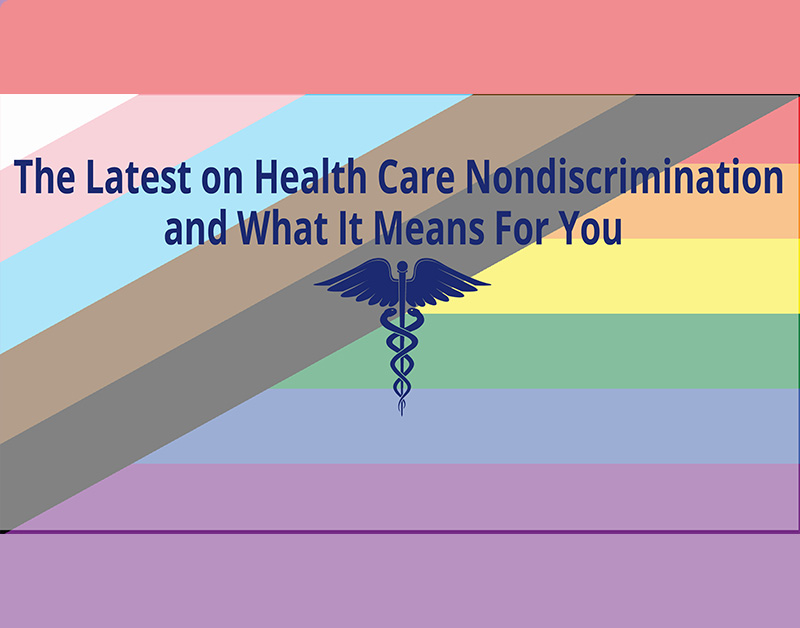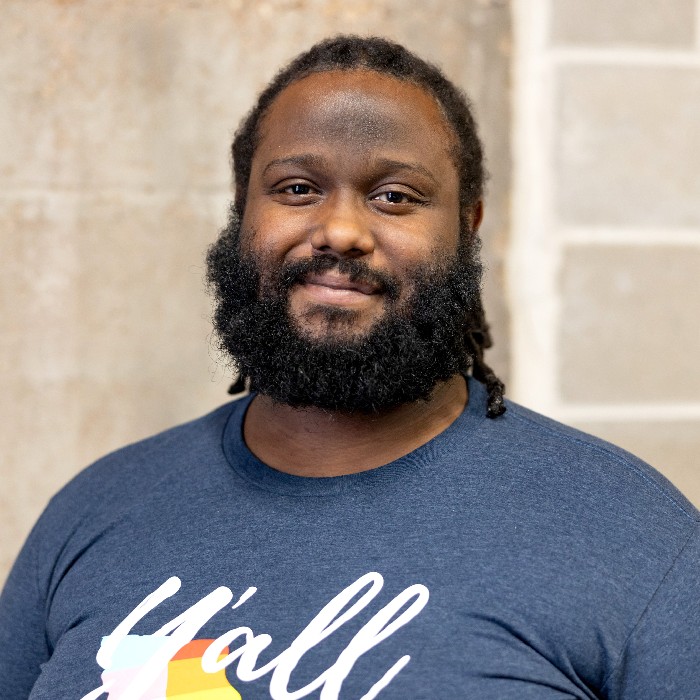June has been a big month for our community. The Supreme Court ruled that LGBTQ people in every state, including Missouri, are protected from employment discrimination. It was a moment that many of us have been waiting for our whole lives—to know that we could not be fired simply because of who we are or who we love.
While the Supreme Court’s ruling technically only applies to employment, it has major implications for other parts of our lives too. One area where it will make a major difference? In ensuring that LGBTQ people are protected from discrimination in health insurance and health care.
Why is health care nondiscrimination so important to LGBTQ Missourians?
Many LGBTQ people have long faced discrimination in health insurance and health care. Health care providers have refused to touch a patient because they are LGBTQ or have used harsh or abusive language towards LGBTQ patients and patients living with HIV. Transgender and gender nonconforming people face even higher rates of discrimination: 24% of transgender Missourians had a problem with their insurance in the prior year because of their gender identity and 28% who saw a health care provider reported at least one negative experience (such as being turned away or verbally harassed).
Are LGBTQ people protected from discrimination in health insurance and health care?
Yes, you should never be treated unfairly when it comes to health insurance or health care. This means that your partner or spouse can visit you in the hospital. Your insurance should cover the services that your doctor says you need, regardless of your gender identity, sex assigned at birth, or the gender marker on your insurance card. And doctors, nurses, and other staff should use your correct name and pronoun and admit you to a hospital room or ward based on your gender identity.
If you face any discrimination, let PROMO know. PROMO has worked with MO HealthNet and the Missouri Department of Insurance and has identified many LGBTQ-affirming hospitals across the state.
I saw recent news about changes to LGBTQ protections under the Affordable Care Act. What does that mean for me?
The Affordable Care Act is still the law of the land and still protects all LGBTQ people from discrimination. While the Trump administration is trying to roll back these critical protections, nothing has changed. Try as they might, the Trump administration will not have the final say on whether LGBTQ people are protected or not.
Instead, this issue will ultimately be decided in court. Many courts have already concluded that transgender people are protected from health insurance and health care discrimination. And the Supreme Court’s decision on employment severely undercuts the Trump administration’s attempts to erase health care protections for LGBTQ people.
If and when there are changes that affect you, PROMO will let you know—in the meantime, get the health care that you need with the confidence that you should be treated fairly.
What else should I know?
First, most people receive financial help to enroll in health insurance and can find insurance for less than $100/month. Visit Healthcare.gov today to see if you qualify for financial help and can enroll using a special enrollment period!
Second, coverage for transgender people is BETTER THAN EVER. An analysis from Out2Enroll shows that 97% of insurers nationwide no longer automatically exclude transition-related care and nearly half of all plans (47%) had affirmative coverage language (meaning the plan confirms that it covers medically necessary care to treat gender dysphoria). Coverage is far from perfect, but we are making progress every single year.
Even better? Almost every plan offering Affordable Care Act coverage in Missouri included affirmative coverage language for transgender health insurance needs. Learn more from Out2Enroll’s transgender health insurance guide for Missouri for 2020 and get the health insurance—and health care—that you need.








